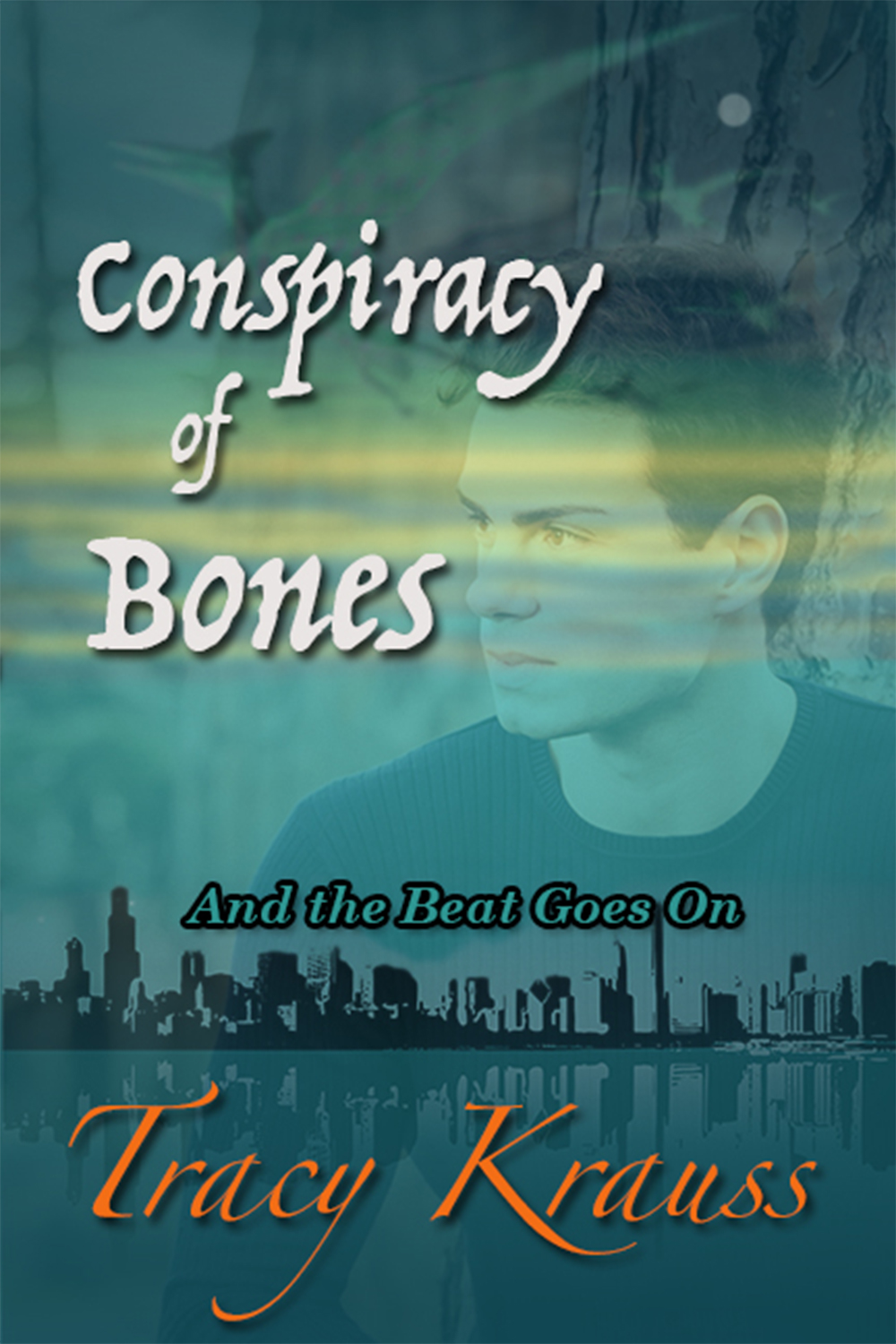
Get your free copy of this award winning book.
I had some time to do some professional reading while on a plane trip recently. Here are two books from a series that I highly recommend for serious writers. (Part of the Million Dollar Writing Series)
Review of Million Dollar Productivity by Kevin J. Anderson
In a very no nonsense style, Kevin J. Anderson reveals the secrets to being a prolific author. As a New York Times best selling author who has written over 125 books, he might just know a thing or two about the topic. In fact, his methodology isn’t really very mystical. It all boils down to hard work and no excuses – period. He shares his typical writing schedule and explains eleven specific tips to help writers make the most of their time. Most of what he shares is just common sense, although his use of a recording device to record the first draft while hiking sounded intriguing. It is a fairly short book – it took me about an hour to read it through, so I won’t go into more detail here. I did find it very motivational, although his style is far from a fluffy “Rah-rah you can do it,” type of motivation. His tone is more, “Quit being so lazy and just do it!” which is probably more useful and more effective. Some people might feel overwhelmed with his apparent obsession with squeezing writing into every second of his life, but he is unapologetic. If writing is your job, then start acting like it! I recommend this book to any author who feels like they aren’t making progress or to those who are struggling to find the time to write.
Review of Million Dollar Outlines by David Farland
If you’re looking for simple solutions in the form of templates or systems, this isn’t the book for you. I might even go so far as to say this isn’t a book for newbies or hobby writers. When you’re ready to move past milk and want to sink your teeth into some steak, then read this book. There is a lot of psychology about why people read (or want to be entertained – he uses a lot of movie references as well) and he delves into the deeper emotional responses that readers experience during various phases of a novel. It’s not all philosophy – there are lots of very practical and specific examples of ways to make one’s writing better, but most require more than a skim over. This is ‘strong meat’, to put it into biblical perspective, which needs to be chewed on for a while. It is not an easy ‘do this and you will be successful’ type of book. However, I highly recommend it as a valuable resource for serious writers. By the way, Farland isn’t just some fly by night ‘expert’. He’s coached the likes of Stephanie Meyers, Brandon Mull and James Dashner as well as countless big time Hollywood screenwriters.